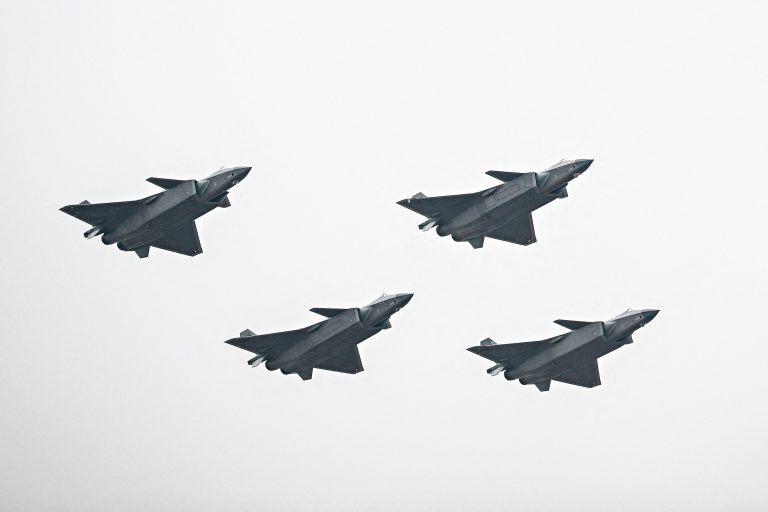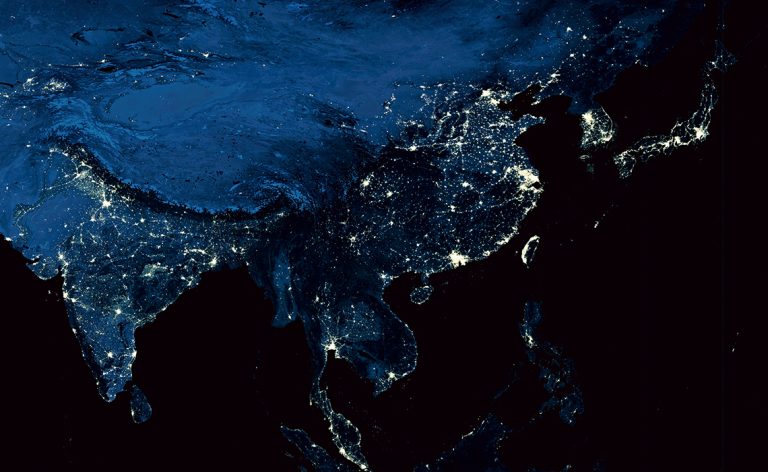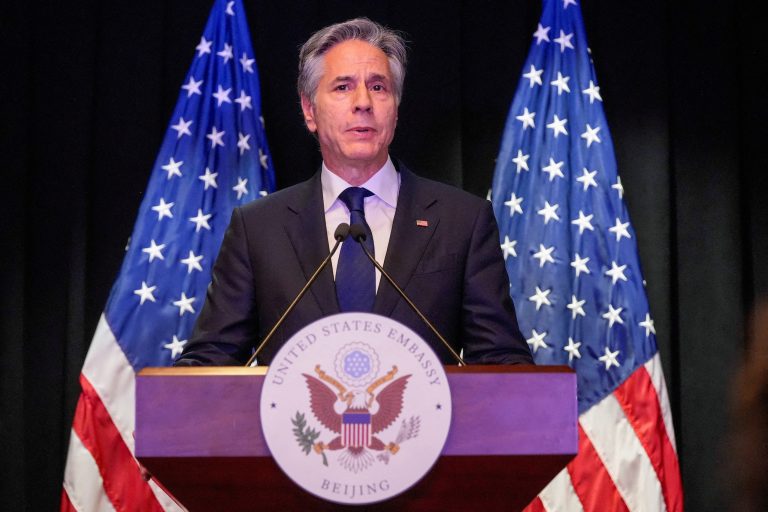On Friday, May 3, a new incursion of Communist Chinese military aircraft was detected by the Taiwan Defense Ministry in the Taiwan Strait area, with airplanes crossing the median line between the island and continential Asia. Beijing reported that its People’s Liberation Army (PLA) Navy carried out combat exercises with landing craft.
Over the past four years, the PLA has considerably intensified its activities around Taiwan, which the Chinese Communist Party (CCP) claims as part of its territory.
Taiwan, officially the Republic of China (ROC), was detached from the mainland following the ROC’s defeat in the civil war with the communists in 1949.
- Trump Will Support Taiwan if He Becomes President, Ex-Ambassador Says
- What Are the Aims of the CCP’s Constant Naval Presence in the Taiwan Strait?
The ROC Ministry of National Defense constantly monitors the CCP’s military activity. It stated that in the previous 24 hours prior to May 3, 14 PLA warplanes had crossed the median line of the Taiwan Strait, approaching up to 41 nautical miles to the city of Keelung, where a major naval base is located.
Beijing claims that such a line does not exist, although it has always played the role of an unofficial border in the past. Currently, Chinese military aircrafts cross it regularly.
PLA military aircraft and ships cross the median line regularly on maneuvers to harass the Taiwanese. The maneuvers often intensify around the occasion of politically sensitive events.
Success
You are now signed up for our newsletter
Success
Check your email to complete sign up
The Taiwan government stated that on May 2, for the second time in a week, Beijing had carried out ‘joint combat readiness patrols’.
WeChat pictures of what were described as ships in landing exercises appeared on social media. The account belongs to the PLA Eastern Theater Command. Text accompanying the pictures reads: “The vanguard of the landing party is always ready to fight.” It was not specified when or where exactly the exercises took place, but showed images of guns opening fire and operating in set formation.
On May 1, Taiwan’s top security official said the island was on alert for military exercises carried out by mainland China. At the end of last month, President-elect Lai Ching-te, who is currently serving as Taiwan’s vice president, was sworn in for his presidential mandate.
Tsai Ming-yen, director-general of the ROC National Security Bureau, said that the CCP has started using new tactics, including the use of night patrols and the deployment of landing ships and minesweepers.
The Chinese Coast Guard has also carried out more patrols around the Kinmen Islands, located near the Chinese coast (but under Taiwanese control) in the last week. The controversial death of two mainland Chinese citizens triggered the start of these patrols, after the two allegedly tried to escape the Taiwan coast guard after entering prohibited waters.
On May 20, Lai will begin his four-year term in office after winning the country’s elections in January. The new president is strongly opposed by Beijing, which considers him a dangerous separatist. Lai has repeatedly offered reps for dialogue, including one made last week, but the CCP has refused.
Taiwan denounced the patrols as intimidating, while the mainland regime’s media stated that the coast guard carried out a ‘routine law enforcement inspection’ near Kinmen, to protect fishermen.
Lai, like current President Tsai Ing-wen, rejects Beijing’s claims of sovereignty; both say that only the island’s people can decide their own future.
Reuters contributed to this report.








